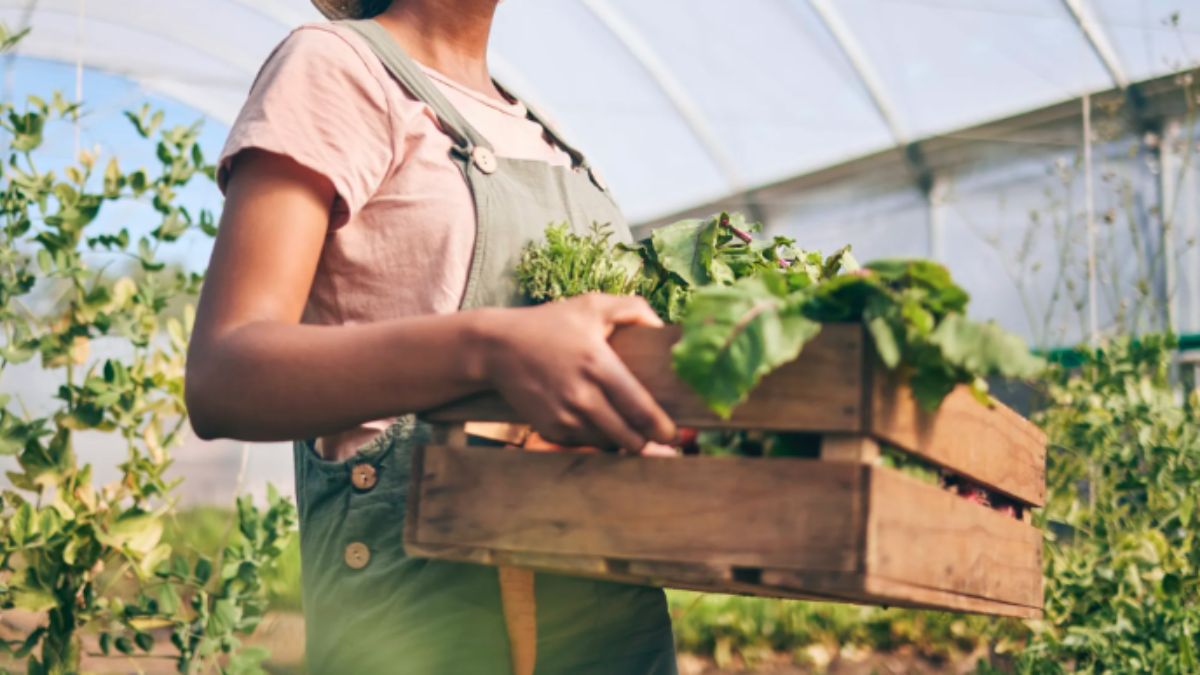News in Brief:
The Nigerian Women for Agricultural Progressive and Development Initiative (NWAPDI) is hosting a youth agriculture convention to empower young Nigerians and address challenges women farmers face, including underrepresentation in agricultural governance.
The Nigerian Women for Agricultural Progressive and Development Initiative (NWAPDI) is set to empower young Nigerians in the agriculture sector through a national convention. The event, titled ‘Sowing the Seeds of Sustainability’, will take place on 14 August 2024.
This was disclosed to the press by the National Coordinator and President of the body, Omolara Svensson, recently.
Convention aims to cultivate future agricultural leaders
According to Svensson, the convention aims to showcase the numerous opportunities within the Nigerian agricultural industry. Young people aged 16 to 35 can participate either in person or online.
Furthermore, Svensson highlighted the sector’s potential for providing long-term livelihoods, emphasising the need to nurture future agricultural leaders to secure Nigeria’s green future.
According to her, the opportunities are enormous. This includes access to scholarship in government owned institutions, access to affordable funding, access to training on cash crops cultivation, processing and export, and access to training on fishery and livestock. The participants will also get the opportunity to network with leaders in their respective industries of interest.
She also highlighted the importance of capacity building in agriculture, as it is the only sector where they are guaranteed a sustainable and decent source of income for a lifetime.
Women farmers: backbone of Nigeria’s agriculture
It is worthy to note that women play a crucial role in Nigeria’s agricultural sector. Over 50% of smallholder farmers in Nigeria are women. This demographic also contribute significantly to food production, estimated at around 70% of the country’s food supply.
However, despite their vital role, women often have limited access to land, credit, agricultural inputs, and extension services. According to a World Bank report, women farmers produce 30 per cent less per hectare than their male counterparts.
These challenges informed the newly created body’s decision to pull out of the umbrella body of all farmers in Nigeria, the All Farmers Association of Nigeria (AFAN), in early June of this year.
The group cited reasons bordering on inadequate inclusion of women in the activities of the farmer’s union, as well as dissatisfaction over the lingering leadership tussle in AFAN.



